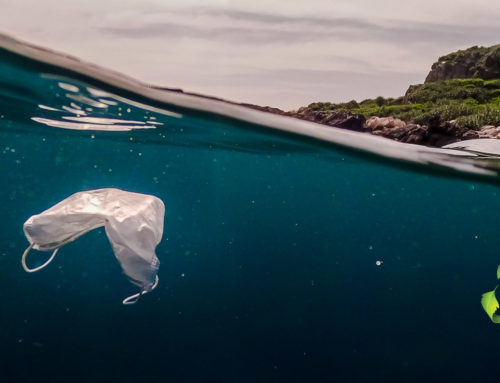[et_pb_section admin_label=”section”][et_pb_row admin_label=”row”][et_pb_column type=”4_4″][et_pb_text admin_label=”Text”]
Are we at risk of running out of water? For many, it is a rite of spring and summer to manicure our lawns to the point that they rival the turf of professional stadiums. Part of this process is to water, water and water even more. A recent report states that the average homeowner uses more than 20,000 gallons of water each year…just to water the lawn. Troubling? Yes, as the EPA has stated that 36 states could face a water shortage by 2013. In just three years more than 70% of the country could have restrictions placed on water usage.
If we have not convinced you yet to use rubber mulch here are a few additional points to consider before you reach for that wood mulch bag. Rubber mulch does not absorb water…at all…wood mulch absorbs water. Rubber mulch does not wick water out of beds…wood mulch does. Rubber mulch does not compact allowing for water, air, and nutrients to pass right through to the ground below…wood mulch becomes packed down and with each new layer the barrier gets thicker.
In addition to the use of recycled rubber mulch there are also other options available. A new trend is to “dry garden” or transform your yard into more of a desert scape, relying on plants and covers that require little to no water. One could also use a technique called xeriscaping, which is nothing more than staying true to the area you live in. For example if you live in a hot climate, flowering shrubs and plants require additional water so stick to what is native, if you live in the northern areas of the country do not try and maintain a planting scheme that is modeled after a Florida climate.
This concern is real for all of us as there are more than a few states that will actually pay homeowners for each square foot of grass they remove and plant with something else that requires less water. 2013 will be here before we know it, so some additional preparation right now many help save a precious resource that could become scarce in a very short period of time.
[/et_pb_text][/et_pb_column][/et_pb_row][/et_pb_section]



